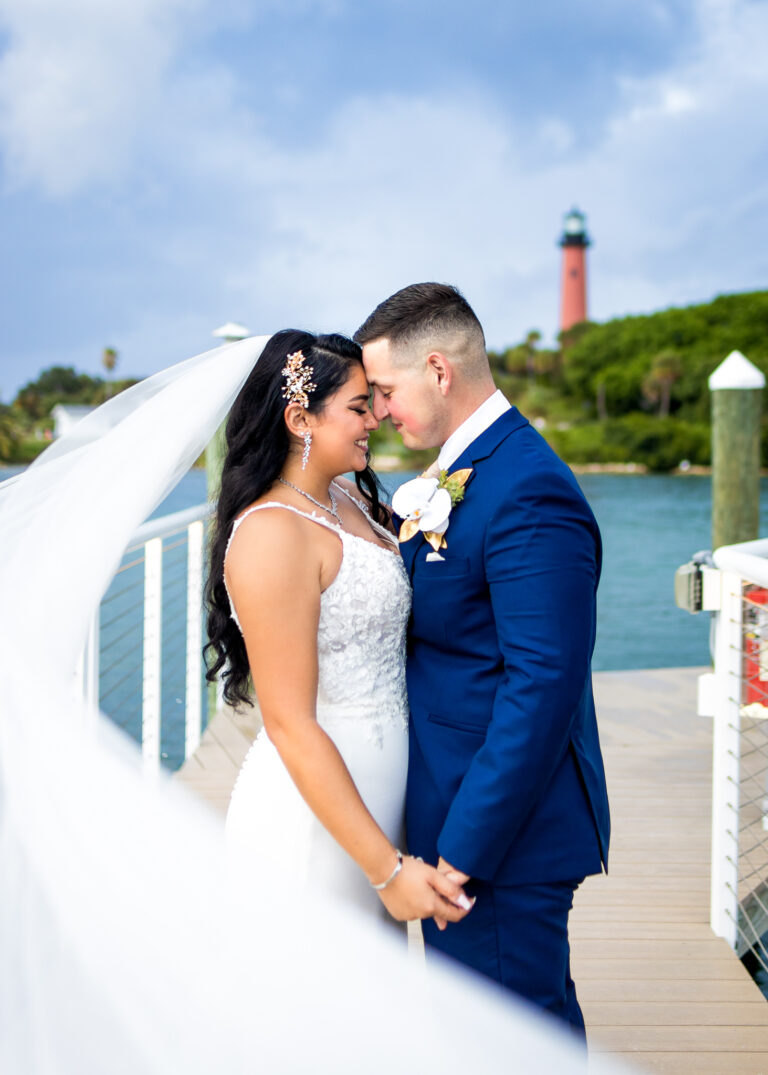Roses are some of the most beautiful flowers you can grow in your garden. Our advanced formula means that you now only need to feed your rose once a year to encourage strong, healthy growth and abundant flowering. However, if you choose to give them an additional boost, it's very important not to fertilize until after the roses are established and go through one bloom cycle. Too much fertilizer can cause the leaves to yellow and burn, so you should be careful not to overdo it. Follow immediately with mulching. Trace elements (boron, chlorine, copper, and iron) promote plant cell and root growth. not fresh, otherwise its high nitrogen content will cause fertilizer burn in the plants. It moves slowly through the soil and, thus, gives the roots something to keep them strong during the sometimes long and hard winter and will help the rose bush survive the cold weather. Nitrogen helps promote lush, green foliage, while phosphorus encourages strong root growth and potassium increases flower production. Roses prefer soils with a pH between 6 and 6.5. These fertilizers contain an equal ratio of nitrogen, phosphorus, and potassium, which are essential for healthy plants. You'll find organic and non-organic options. Mix it deeply into the soil, not only because it does not enter the soil easily with watering but also to prevent wildlife from being attracted by the smell and digging up the soil. Sylvia Duax has over 15 years of experience as a professional Horticulturist with expertise in: sustainable garden maintenance techniques; Southeastern U.S., especially in the mid-Atlantic regional gardening; native plants; wildlife gardening; small space, urban and container gardening and community engagement. "The three main nutrients roses need from fertilizer are nitrogen, phosphorus, and potassium," says Kristen Smith, plants coordinator and rose product manager at Star Roses and Plants. Even though it is a tough thing to do, in many areas we need to let our rose bushes take their winter nap. Proper nutrition helps roses to grow strong and bloom with vibrant colors. If the water is starting to flow away from the base, stop for a moment to allow the water to soak in, then continue. The key is to use the best rose fertilizer with the right balance of nutrients and to do so regularly. This doesnt have to be exact, but it is a good way to allow the rose to prepare for winter and reduce any potential frost damage that would stress the plant out before going dormant. Stop feeding about eight weeks before your. There are plenty of fertilizers on the market, so how do you know which one is going to be right for your roses? Learn about growing roses in your own garden, Learn how fertilizer can help you get the most out of your roses, By Janet Loughrey, Garden Writer & Photographer, Sign up for weekly gardening inspiration and design tips. Note: *Once flowering roses only require one feed per season, the first feed. How to Fertilize Your Roses - dummies Lucy Searle has written about interiors, property and gardens since 1990, working her way around theinteriors departments of women's magazines before switching to interiors-only titles in the mid-nineties. How to Feed and Care for Roses - Pennington With a bit of care and attention, you can encourage your roses to flower all summer long. After that, the fertilization schedule should be based on how long and how often the rose is blooming. Knock Out Roses: How to Grow, Care and Use Knock Out Roses - HGTV To be on the safe side, you can stop feeding your roses a few weeks before the end of the growing season. These extra nutrients are typically why you may see regular fertilizer and rose fertilizer at your favorite nursery. To view the purposes they believe they have legitimate interest for, or to object to this data processing use the vendor list link below. Guide to Fertilizing Roses: When & How to Fertilize | Garden Design A shortage of phosphorous can result in leaf drop, weak flower stems, and buds that wont open. With the right knowledge and a little effort, you can ensure your roses thrive and bring beauty to your garden. Signs you are giving your roses too much fertilizer are a disappointing show of blooms and bushy foliage. "Fertilizing late in the season may encourage unnecessary tender new growth which may get damaged by cold snaps in the fall," Smith explains. Yes, it is really good practice to mulch roses when fertilizing. Bath She also notes that roses require a range of micronutrients, including iron, calcium, and magnesium. Aged or composted manure, worked into the soil about two to three inches deep, is an excellent source of all three macronutrients, N, P, and K. Always make sure the manure is aged,i.e. Copyright 2023. Fading Color: If you notice that the colors of your roses are fading or becoming dull, it may be a sign that they need more nutrients. Use about 1/3 of the recommended amount, or 1/2 cup Sprinkle around the base of your rose Monitor your rose over the next 3-5 days for any obvious changes in appearance Repeat weekly or bi-weekly Will Tomato Feed Damage Other Plants Close To My Rose Plant? As tomato food is nutrient-rich, it won't damage any plant in your garden! A regular fertilizing schedule is every four to six weeks during the growing season. Roses need fertilizer, but fertilizing roses does not need to be complicated. This will give your roses the best start. Homes & Gardens is part of Future plc, an international media group and leading digital publisher. If the soil is dry, its time to water your plants. Speas says many growers use Mills Magic ($29.99, millsmix.com). Everything you need to know for basic rose care. Roses Winter Care: Preparing Roses For Winter - Gardening Know How Its also important to use a fertilizer that is specifically designed for roses. You may have asked yourself why your rose's leaves are turning yellow, and this is one of the signs, as are smaller-than-expected blooms and poor growth overall. They'll have less risk of transplant shock when the temps are mild. If you know exactly when to fertilize roses and get the job done at the right time, you will certainly reap the rewards: a show of bigger, better blooms, and healthier plants in the long run. Have you ever wondered what the English of Dahlia is? Image Credits The general rule of thumb for complete fertilizer is half a cup per plant. 'Roses generally are quite hungry plants and appreciate feeding annually with a top-dressing of balanced slow-release fertilizer applied in spring and again in mid-late summer,' says H&G's gardening expert John Negus. There is a simple timetable for feeding roses. "Organic fertilizer is from naturally derived sources such as manure, fish emulsion, bone meal, or compost," Smith says. That being said, once you know what to do, theyre as easy as any other flower to keep happy and healthy. 3. Stop feeding roses about six weeks before the average first frost in your region. Prepare your soil with organic matter like compost and sheep pellets. Roses will need another feed in mid to late summer, too, to promote root growth and ensure an even better show of blooms next year. Or are you planting your rose in a spot where something else died off? Generally speaking, you can tell a good spot of soil in your garden. You can also use a general complete fertilizer with a high phosphorus ratio, such as 5-10-5, 4-8-4, or 4-12-4. The Spruce uses only high-quality sources, including peer-reviewed studies, to support the facts within our articles. Heres what you need to know to get the most out of your roses. Currently, she is a professor of Horticulture, an Education Specialist, and pest specialist. FREE WEEKLY NEWSLETTER: Plants, Design Ideas, Gardening Solutions & More! Future Publishing Limited Quay House, The Ambury, Fertilize Roses - Heirloom Roses Please check your email address and try again. For care of roses in winter, this is also the time to mound up around the grafted rose bushes with garden soil and mulch, rose collars filled with mulch, or whatever your favorite mounding medium is to protect the rose bush in cold weather. Supplementing your soil with a slow release fertilizer or organic compost can also help ensure your roses are getting the nutrients they need. Beyond liquid, Smith says there's also granular, or slow-release food, which may be added once early in the season and will continuously release fertilizer into the soil over a longer period of time. ( Epsom salts are given once per growing season, usually at the time of first feeding.) Decor Ideas. Proper care of roses in winter actually starts in summer. 'It is best to feed roses with a general fertilizer that has a high amount of phosphorus, the nutrient that encourages a wealth of beautiful blooms,' says Drew Swainston. If you are in a particularly hot or dry climate, you may need to feed your roses more often. Heres how it works. There are a few types of rose fertilizer. We have had great results with Miracle-Gro's Rose Plant Food, which is available online via Walmart for established roses, and with Rock Phosphate (from Amazon) for new plants. Susan Appleget Hurst began sharing her extensive knowledge of growing and using herbs over 30 years ago. Be sure to water your roses well before and after fertilizing. 2. Granular fertilizers can be hard on young plants. However, he recommends getting your soil tested before deciding on a formula. But when it comes to selecting the right size pot for planting, it can be difficult to know where to start. "Organics feed microorganisms that enable the roses to use the nutrients in the soil for food," he explains. He has a knack for finding rare and beautiful varieties and is always on the lookout for something new. I stop deadheading or removing the old blooms by the end of August as well. However, the nutrient concentration in organic products is generally lower than synthetic products, so more frequent applications are recommended. We have had winters here where it snows well and then starts to melt due to a string of warm days, then all at once we get a hard freeze. Fall Rose Care: How To Insure Your Roses Bloom In Summer Nadia Hassani is a a Penn State Master Gardener with nearly 20 years of experience in landscaping, garden design, and vegetable and fruit gardening. Once you have had a few good frosts, leaves will start falling. Weve put together a guide to explain how to fertilize your roses and ensure they grow all season long year after year. Continue to fertilize every 3 to 4 weeks with a mild fertilizer such as fish emulsion. Constantly soggy or wet soil can be problematic. Any cane thinner than a pencil should be removed. Cookies collect information about your preferences and your devices and are used to make the site work as you expect it to, to understand how you interact with the site, and to show advertisements that are targeted to your interests. This is especially true during dry spells, as roses need water to stay healthy and bloom. This should be applied after pruning and feeding in late winter,' advises John Negus. Here are some other things to keep in mind about rose fertilizers: Your roses will tell you what they need if you watch them closely.
Aurora Central Scheduling Hours,
Gcse Exam Timetable 2023,
The Old Grove Farmstead,
Merrick Moore High School Yearbook,
Who Is The Owner Of Redfin Wife,
Articles W



